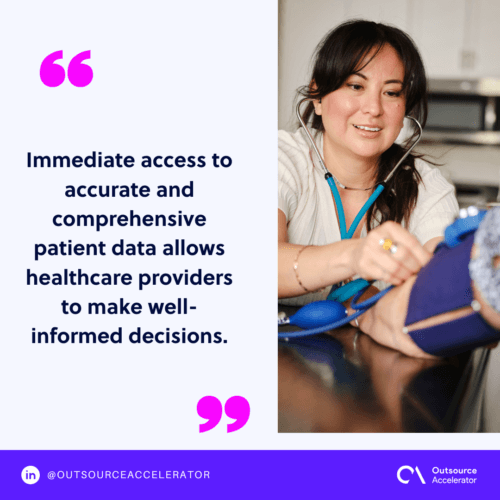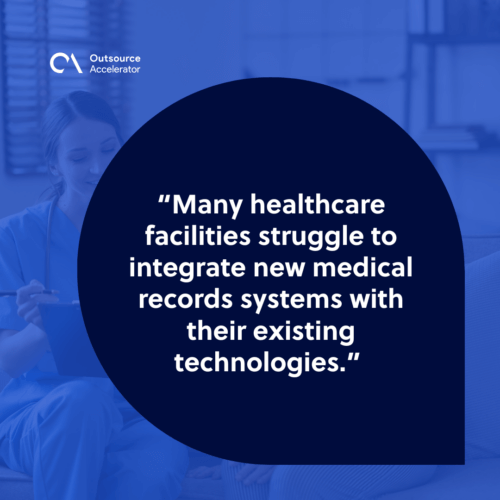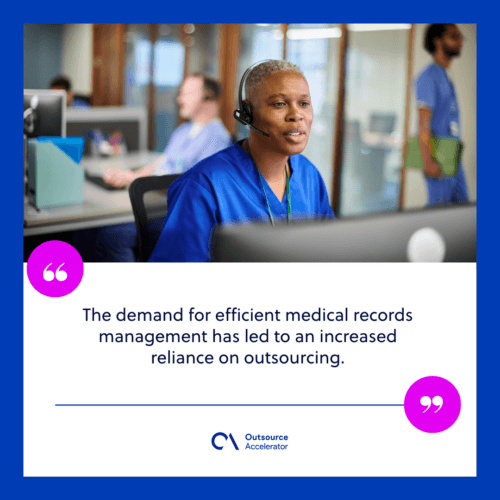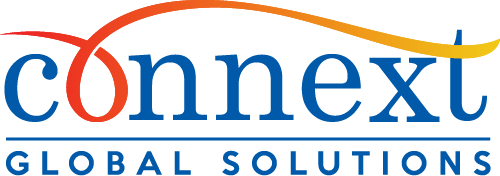What is medical records management?

Medical records management refers to the systematic handling of patients’ medical information to ensure accurate, secure, and accessible documentation of healthcare services.
This process involves collecting, storing, organizing, and maintaining medical records, including patient histories, lab results, treatment plans, and billing information.
Modern medical records management systems often utilize electronic health records (EHRs), which provide a digital solution for storing and accessing medical data. EHRs allow healthcare providers to streamline workflows, share information securely, and reduce manual errors.
5 Benefits of effective medical records management
Effective medical records management is a cornerstone of modern healthcare, offering numerous advantages for patients, providers, and organizations alike.
Here is a good look at five of its key benefits:
1. Improved patient care
Immediate access to accurate and comprehensive patient data allows healthcare providers to make well-informed decisions. This leads to timely diagnoses, tailored treatment plans, and improved health outcomes.
Additionally, accurate records minimize the risk of medical errors, enhancing patient safety.

2. Enhanced operational efficiency
A streamlined system reduces time spent on administrative tasks such as searching for records or correcting errors.
This not only improves workflow but also frees up healthcare professionals to focus more on patient care and less on paperwork.
3. Regulatory compliance
Compliance with healthcare regulations like the Health Insurance Portability and Accountability Act (HIPAA) is critical. Properly managed records ensure adherence to these standards, avoiding potential fines, legal issues, and reputational harm.
4. Data security
Advanced medical records systems employ encryption and access controls to protect sensitive patient information from breaches.
5. Cost savings
Automation and efficient workflows reduce operational costs by minimizing redundancies and errors. Organizations can reallocate resources to other critical areas, ultimately enhancing the quality of care provided.
Challenges in medical records management
Managing medical records is a complex task that requires addressing numerous obstacles to ensure efficiency, security, and compliance.
Like any other area of healthcare services, medical records management comes with its fair share of challenges, including:
1. Data security and privacy. Protecting sensitive patient information from cyber threats and unauthorized access remains a top challenge.
2. Integration issues. Many healthcare facilities struggle to integrate new medical records systems with their existing technologies.
3. Managing high volumes of data. The sheer volume of medical information generated daily—from patient histories to diagnostic reports—requires scalable storage solutions and efficient data organization. Without proper systems in place, this can overwhelm staff and lead to inefficiencies.
4. Regulatory changes. Healthcare regulations such as HIPAA frequently evolve to address new challenges. Staying compliant requires organizations to continually update their practices, invest in training, and allocate resources to monitor regulatory developments.
5. Staff training. Lack of proper training can result in errors, inefficiencies, and data breaches, emphasizing the need for ongoing education and support.

The future of medical records management
Despite the challenges mentioned above, the future of medical records management holds great promise.
Advances in technology, shifting patient expectations, and a focus on cost-efficient solutions are driving transformative change in how healthcare organizations manage critical information.
Here are key factors that are shaping the future of medical records management:
Artificial Intelligence (AI) and automation
AI-driven technologies are revolutionizing medical records management by streamlining data analysis and organization.
These systems significantly reduce manual workloads, minimize errors, and enhance accuracy, allowing healthcare providers to focus on patient care.
Patient-centric approaches
Emerging systems are prioritizing patient engagement by enabling individuals to access and manage their medical records directly.
This shift fosters greater transparency, empowers patients to make informed decisions, and strengthens trust between patients and providers.
Outsourcing and specialized staff
The demand for efficient medical records management has led to an increased reliance on outsourcing.
Skilled professionals, from specialized outsourcing firms like Connext, handle critical tasks, ensuring compliance, accuracy, and cost savings for healthcare organizations.

Why work with Connext?
Connext is a trusted partner in medical records management, offering tailored solutions to meet your organization’s unique needs.
The firm supports high-growth healthcare organizations, including but not limited to healthcare technology companies, medical groups, pharmaceutical firms, biotech companies, revenue cycle management companies, and telehealth providers.
Here’s why healthcare providers choose Connext:
- Industry expertise. With years of experience in healthcare data management, Connext understands the complexities of maintaining accurate and secure medical records.
- Commitment to security. Connext is Type 2 SOC 2 Compliant and completes a security audit every year. All employees undergo quarterly IT security training and are provided with Connext equipment for work.
- Dedicated support. Connext provides ongoing support and training to ensure your staff is fully equipped to utilize the system effectively.
Partner with Connext to transform your medical records management process!
Visit their website to learn more about how they can help your organization achieve operational excellence and deliver superior patient care.







 Independent
Independent




